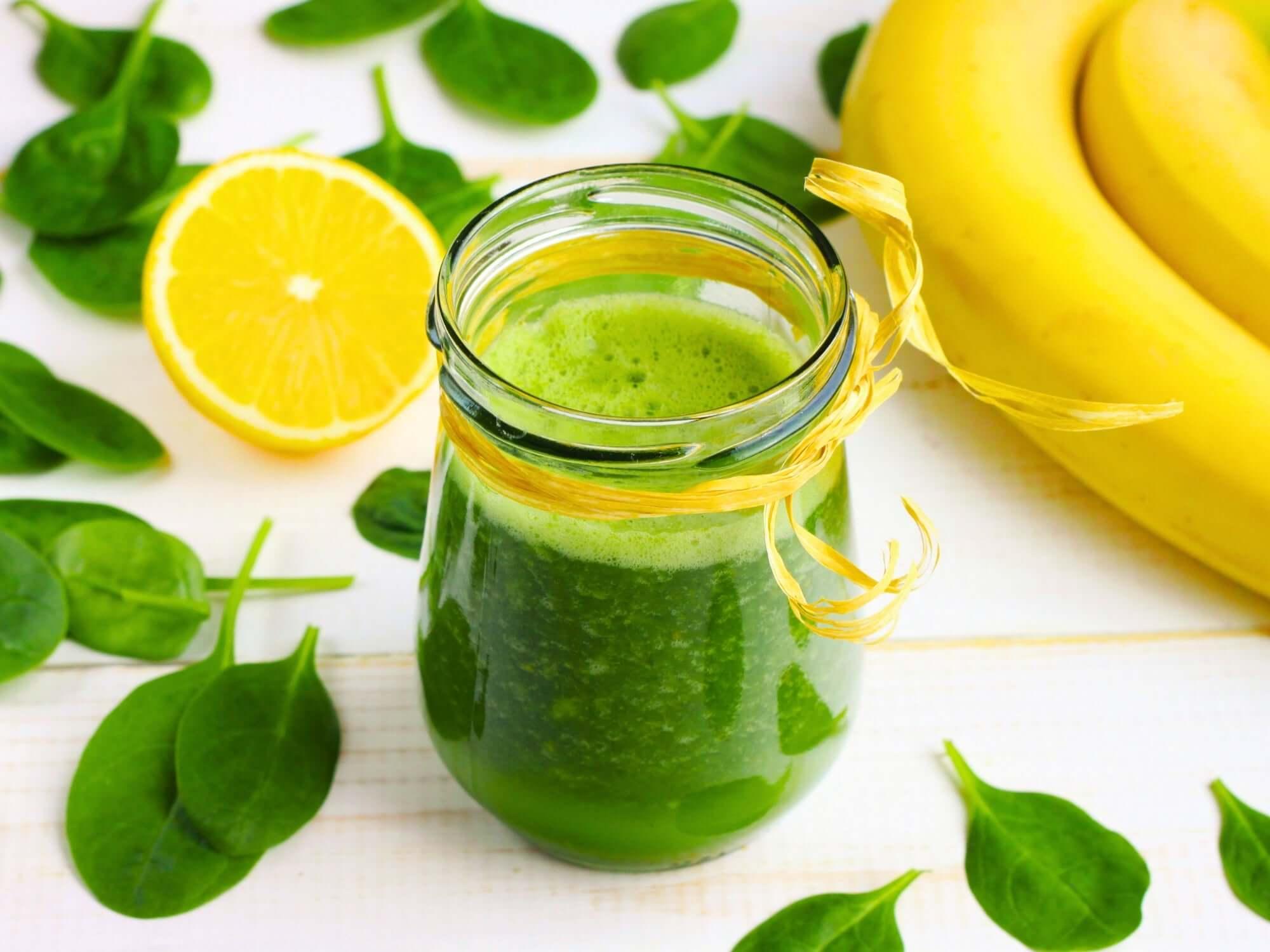The right nutrients can help your body overcome most types of internal and environmental stress. Often, our bodies are out of balance due to poor diets, significantly impacting our ability to cope with stress. While meditation, exercise, and mindfulness techniques are beneficial, consuming foods with stress-fighting properties can make a substantial difference.
Which Foods Are Best for Stress?
Magnesium helps manage the stress hormone cortisol, while other essential minerals help your body relax and harmonize with its environment. Carbohydrates and certain vitamins are crucial for producing beneficial neurotransmitters like dopamine and serotonin, which help manage stress. Each of the following five foods contributes to your nutritional stress-fighting toolkit:
1. Bananas
- Benefits: Potassium in bananas helps lower blood pressure, making them a convenient snack when you’re feeling overwhelmed.
- Nutritional Info (per 100g): Calories: 90, Fiber: 5g, Protein: 1g, Fat: 0g, Carbs: 25g
- Why They’re Good for Stress: Bananas are excellent sources of potassium, which helps reduce blood pressure, a common sign of chronic stress. Over time, hypertension can lead to serious cardiovascular conditions, so eating a banana a day is a great way to keep stress in check.
- How to Eat: Enjoy bananas fresh, dried, or in smoothies. Slice them onto cereal or yogurt, or make healthy banana bread for a nutritious snack.
- Benefits: Packed with magnesium, Swiss chard reduces levels of cortisol, the stress hormone.
- Nutritional Info (per 100g): Calories: 20, Fiber: 5g, Protein: 2g, Fat: 0g, Carbs: 4g
- Why It’s Good for Stress: Magnesium helps calm the nervous system and reduce cortisol levels. Swiss chard is rich in magnesium, making it an excellent food for stress relief.
- How to Eat: Swiss chard is often eaten boiled, but this can reduce its benefits. Try it in salads or lightly sautéed with olive oil and garlic for a more nutritious option.
- Benefits: Folate in spinach aids in dopamine production, helping you feel relaxed and happy.
- Nutritional Info (per 100g): Calories: 23, Fiber: 2g, Protein: 3g, Fat: 5g, Carbs: 4g
- Why It’s Good for Stress: Folate is essential for producing dopamine, serotonin, and other neurotransmitters. Spinach is a great vegan source of folate.
- How to Eat: Enjoy spinach raw in salads, or cook it by baking, boiling, or sautéing. Spinach stir-fried with garlic and olive oil makes a perfect addition to pasta or as a side dish.
- Benefits: Provides the complex carbohydrates necessary for serotonin synthesis.
- Nutritional Info (per 100g): Calories: 160, Fiber: 1g, Protein: 5g, Fat: 0g, Carbs: 35g
- Why It’s Good for Stress: Complex carbs in white rice help produce serotonin, which makes you feel good and relaxed.
- How to Eat: Cook white rice as a side dish or base for stir-fries. It stays fresh for 2-3 days when refrigerated. Try making vegan fried rice with spinach and Swiss chard for a nutritious meal.
- Benefits: Rich in potassium and healthy fats, pistachios provide long-lasting energy.
- Nutritional Info (per 100g): Calories: 580, Fiber: 10g, Protein: 20g, Fat: 42g, Carbs: 20g
- Why They’re Good for Stress: Like bananas, pistachios are high in potassium. They also contain healthy fats that provide sustained energy, helping to combat stress.
- How to Eat: Enjoy pistachios as a snack or add them to dishes like vegan fried rice or salads. You can also try making pistachio pudding for a delicious treat.
By incorporating these foods into your diet, you can better equip your body to handle stress naturally. Each of these nutrient-rich options plays a vital role in maintaining balance and promoting relaxation, making them essential additions to your stress-relief toolkit.





